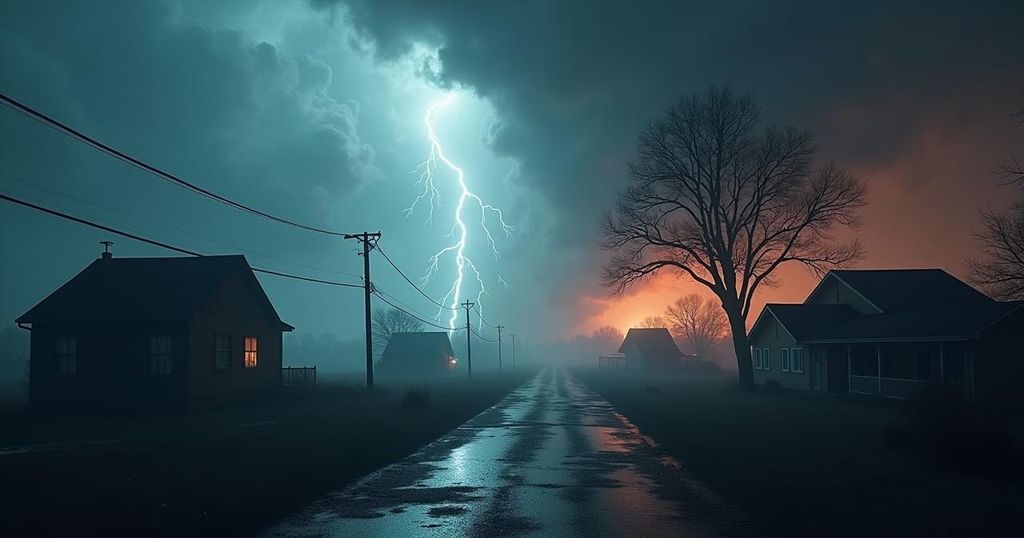Hurricane Helene: Death Toll Reaches 200, Striking Southeast With Historic Fury

Hurricane Helene has become the deadliest storm on the mainland U.S. since Katrina, with the death toll rising to at least 200. The storm caused widespread destruction across Southern states and prompted a federal response, including deployment of active-duty soldiers for relief efforts. Recovery operations are ongoing as the nation rallies to support affected communities.
The recent tragedy of Hurricane Helene has resulted in a confirmed death toll of at least 200 individuals, marking it as the deadliest storm to impact the mainland United States since Hurricane Katrina. Initial reports had placed the toll at 189; however, the addition of eight fatalities from Georgia and three from North Carolina elevated this number to 200 by midday on Thursday, prompting sustained search and rescue operations in western North Carolina, which suffered the brunt of the storm’s devastation. The catastrophic effects of Hurricane Helene, characterized by intense storm surges, wind damage, and extensive inland flooding, have led to severe destruction across several states, including Florida, Georgia, South Carolina, North Carolina, Virginia, and Tennessee. Many neighborhoods have been flooded, residents stranded, and homes destroyed. Recovery efforts remain ongoing as local authorities work tirelessly to restore normalcy. In response to the crisis, President Joe Biden, accompanied by Vice President Kamala Harris, visited the affected regions to assess the damage and reassure citizens of the federal government’s support. “I am here to say the United States — the nation — has your back,” President Biden declared in Raleigh, North Carolina, as he promised unwavering assistance until recovery is complete. Hurricane Helene made landfall as a formidable Category 4 storm in Florida’s Big Bend region, setting records for strength upon impact. Approximately 1.2 million customers across southern states were reported to be without power at midweek. The hardest hit were South Carolina, North Carolina, and Georgia, each facing significant outages. President Biden announced the mobilization of up to 1,000 active-duty soldiers to aid the North Carolina National Guard in delivering essential supplies to isolated communities. This deployment is expected to expedite the distribution of food, water, and medical supplies to those in need, particularly as recovery efforts scale up. Additionally, a bipartisan group of Senate leaders, including Chuck Schumer and Mitch McConnell, has urged Congress to convene and address the urgent needs arising from the storm’s destruction, emphasizing that immediate legislative action will be necessary to support the affected populations. In summary, Hurricane Helene’s impact has been severe, with a significant loss of life and widespread destruction. The recovery process is ongoing, with federal, state, and local efforts converging to assist those affected during this tumultuous time.
Hurricane Helene recently made landfall as a Category 4 storm, generating relentless winds and storm surges that contributed to severe flooding and damage across multiple states in the Southeastern United States. The disaster has prompted considerable emergency response and recovery efforts, which include the collaboration of federal and state resources aimed at providing relief and restoring essential services to the impacted areas.
In conclusion, the devastation wrought by Hurricane Helene serves as a stark reminder of the potential for natural disasters to inflict loss of life and destruction on a massive scale. With over 200 confirmed fatalities and significant infrastructural damage across several states, ongoing recovery efforts will be critical in supporting the affected communities. The response from both the state and federal levels signifies a commitment to assist those in need and underscores the importance of preparedness and resilience in facing future emergencies.
Original Source: abc11.com





